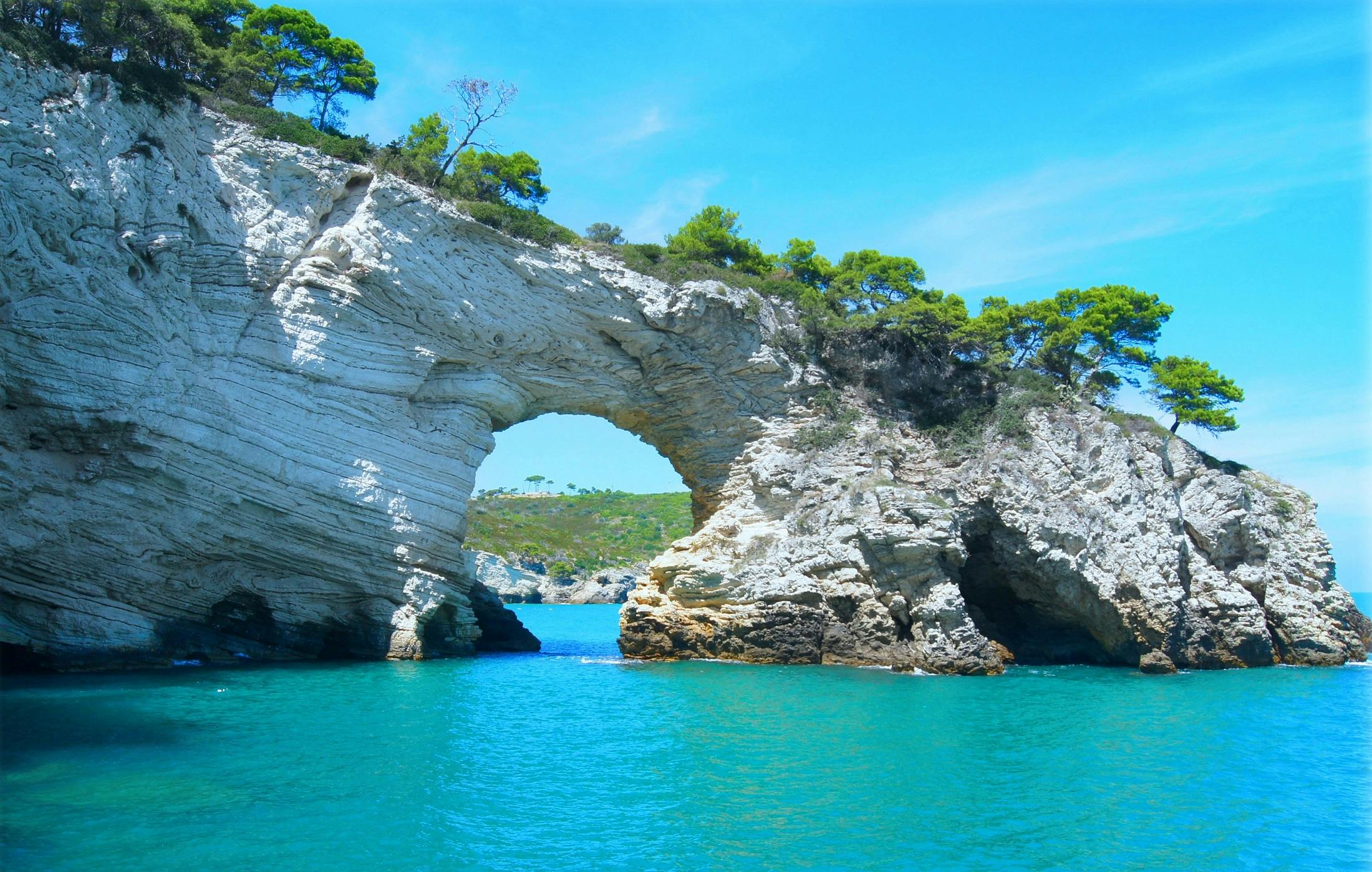Welcome to Sustainable Marine Travel: Protecting the Oceans While You Explore
Are you a passionate traveler looking to explore the world’s breathtaking marine wonders? Do you want to ensure that your adventures don’t harm the very ecosystems you admire? If so, welcome to the world of sustainable marine travel! In this blog post, we will delve into the concept of sustainable marine travel and how it allows you to protect the oceans while indulging in the beauty they offer.
Embracing Responsible Tourism
Sustainable marine travel is a growing movement that encourages responsible tourism practices in marine environments. It aims to minimize the negative impact on marine life, ecosystems, and coastal communities while maximizing the positive outcomes of tourism. By being conscientious travelers, we can ensure that future generations can continue to bask in the wonders of our oceanic treasures.
Preserving Marine Biodiversity
The oceans are home to an extensive array of life forms, from majestic coral reefs to enchanting marine creatures. However, irresponsible tourism practices such as overfishing, habitat destruction, and pollution threaten the delicate balance of these ecosystems. Sustainable marine travel seeks to address these issues by promoting practices that protect and preserve marine biodiversity.
Choosing Sustainable Travel Options
When embarking on your marine adventures, it’s essential to choose travel options that align with sustainability principles. From eco-friendly boat tours to responsible diving excursions, you can make choices that promote the well-being of marine ecosystems. Our blog post will guide you on how to select travel operators and activities that prioritize the protection of the marine environment.
An Eye-Opening Journey Ahead
As we delve deeper into this blog series on sustainable marine travel, you’ll discover inspiring stories of individuals and organizations dedicated to safeguarding our oceans. We’ll provide you with practical tips on how to minimize your environmental footprint, promote local conservation efforts, and engage with marine research initiatives.
Start Your Journey to Sustainable Marine Travel
By incorporating sustainable practices into your marine travel experiences, you have the power to contribute positively to our planet’s well-being. Whether you’re an avid diver, a beach lover, or simply captivated by the vastness of the sea, Sustainable Marine Travel: Protecting the Oceans While You Explore will be your guiding light towards responsible and awe-inspiring adventures.
So join us on this journey of discovery as we explore sustainable marine travel together. Get ready to immerse yourself in the wonders of our oceans while leaving a positive impact on their conservation.

How Does Sustainable Marine Travel Protect the Oceans While You Explore?
When it comes to sustainable marine travel, the primary goal is to protect the oceans while allowing people to explore and enjoy their beauty. But what does sustainable marine travel really mean?
Sustainable marine travel refers to a way of traveling that aims to minimize the negative impact on the ocean ecosystem and marine life. It involves adopting practices that promote conservation, minimize pollution, and ensure the preservation of biodiversity. By following sustainable marine travel principles, we can travel responsibly and contribute to the long-term health and vitality of our oceans.
By choosing sustainable marine travel options, we can actively take part in protecting the oceans and their delicate ecosystems. This can be achieved by supporting tour operators and cruise lines that prioritize sustainable practices, such as reducing carbon emissions, managing waste responsibly, and promoting eco-friendly activities.
Sustainable marine travel also involves raising awareness among travelers about the importance of ocean conservation. By educating ourselves and others about the fragility of marine ecosystems and the threats they face, we can make informed decisions and actively contribute to the protection of our oceans.
In the next part of this article, we will delve deeper into the various strategies and initiatives that form the foundation of sustainable marine travel. We will explore how individuals and organizations can play a role in preserving our oceans while still enjoying all the wonders they have to offer. Stay tuned to discover practical tips and inspiring stories that will empower you to make a positive impact through sustainable marine travel.

Sustainable Marine Travel: Protecting the Oceans While You Explore
With the increasing demand for travel and exploration, it has become crucial to consider the impact we have on our planet’s precious marine ecosystems. Sustainable marine travel offers a solution that allows us to satisfy our desire to explore while minimizing our environmental footprint.
Marine travel encompasses a wide range of activities, including cruise tourism, diving trips, and eco-tours. These activities provide us with unique opportunities to witness the mesmerizing beauty of the ocean and its diverse marine life. However, unsustainable practices associated with these activities can cause significant harm to the environment.
To promote sustainable marine travel, several key factors should be taken into consideration. One of the primary concerns is the use of eco-friendly transportation methods. Opting for low-impact travel options such as sailing ships or electric-powered boats can significantly reduce carbon emissions and minimize noise pollution, thus minimizing disturbance to marine life.
Another crucial aspect of sustainable marine travel is the responsible management of waste and pollution. Cruise ships, for instance, produce massive amounts of waste that can be detrimental to the health of marine ecosystems. Implementing advanced waste management systems onboard and promoting recycling initiatives can help mitigate these negative impacts.
Furthermore, sustainable marine travel promotes the conservation of sensitive habitats and species. By adhering to strict guidelines and regulations, travelers can avoid damaging fragile coral reefs, seagrass meadows, and other vital marine ecosystems. Supporting marine protected areas and sustainable fishing practices also play a significant role in protecting and preserving biodiversity.
It is essential for travelers to prioritize engaging in educational activities that promote marine conservation. Participating in educational programs, guided tours, and workshops led by marine biologists or local experts can enhance our understanding of the ocean’s fragility and the need for responsible travel practices.
Statistics reveal that sustainable marine travel has the potential to reduce carbon emissions by up to 70% compared to traditional travel methods. This significant reduction, combined with the promotion of conservation efforts, creates a positive impact on the health and preservation of our oceans.
- Choose low-impact transportation methods such as sailing ships or electric-powered boats
- Implement advanced waste management systems onboard
- Adhere to guidelines and regulations to protect fragile marine ecosystems
- Support marine protected areas and sustainable fishing practices
- Engage in educational activities that promote marine conservation
By embracing sustainable marine travel, we can protect the oceans that we love to explore. Let us choose to be responsible travelers and contribute to the preservation of our planet’s most valuable ecosystems.

Conclusion: Sustainable Marine Travel: Protecting the Oceans While You Explore
Marine tourism has become increasingly popular in recent years, with travelers seeking unique experiences and exploring the wonders of the world’s oceans. However, it is essential to ensure that our pursuit of adventure does not come at the expense of the fragile marine ecosystems. In this article, we have discussed key strategies and practices that can help enable sustainable marine travel, allowing us to enjoy the ocean while minimizing our environmental impact.
One of the key takeaways is the need for responsible wildlife encounters. Many marine species are vulnerable and can be easily disturbed or harmed by irresponsible tourist activities. To protect these creatures, it is crucial to follow guidelines and regulations set forth by marine conservation organizations. By respecting their natural habitats and behavior, we can ensure that future generations can also witness the beauty of marine life.
Additionally, the article emphasized the importance of reducing plastic waste in marine environments. Plastic pollution has become a significant threat to the oceans, harming marine life and ecosystems. Travelers can contribute to mitigating this issue by adopting sustainable practices such as bringing reusable water bottles, saying no to single-use plastics, and participating in beach clean-up initiatives. Moreover, supporting local businesses and communities that prioritize sustainability can also make a difference in preserving the marine environment.
Furthermore, the article highlighted the significance of choosing environmentally friendly transportation options. Opting for eco-friendly vessels, such as those powered by renewable energy sources or implementing fuel-efficient technologies, can significantly reduce carbon emissions associated with marine travel. By supporting companies that prioritize sustainable practices, we can encourage a shift towards greener alternatives and contribute to protecting the oceans.
In conclusion, sustainable marine travel is crucial for the long-term preservation of our oceans. By adopting responsible practices, respecting wildlife, reducing plastic waste, and supporting eco-friendly transportation, we can ensure that future generations will have the opportunity to explore and appreciate the beauty of marine ecosystems. Let us embark on our journeys with a commitment to protect and conserve our oceans, so that they may continue to inspire and captivate us for years to come.




